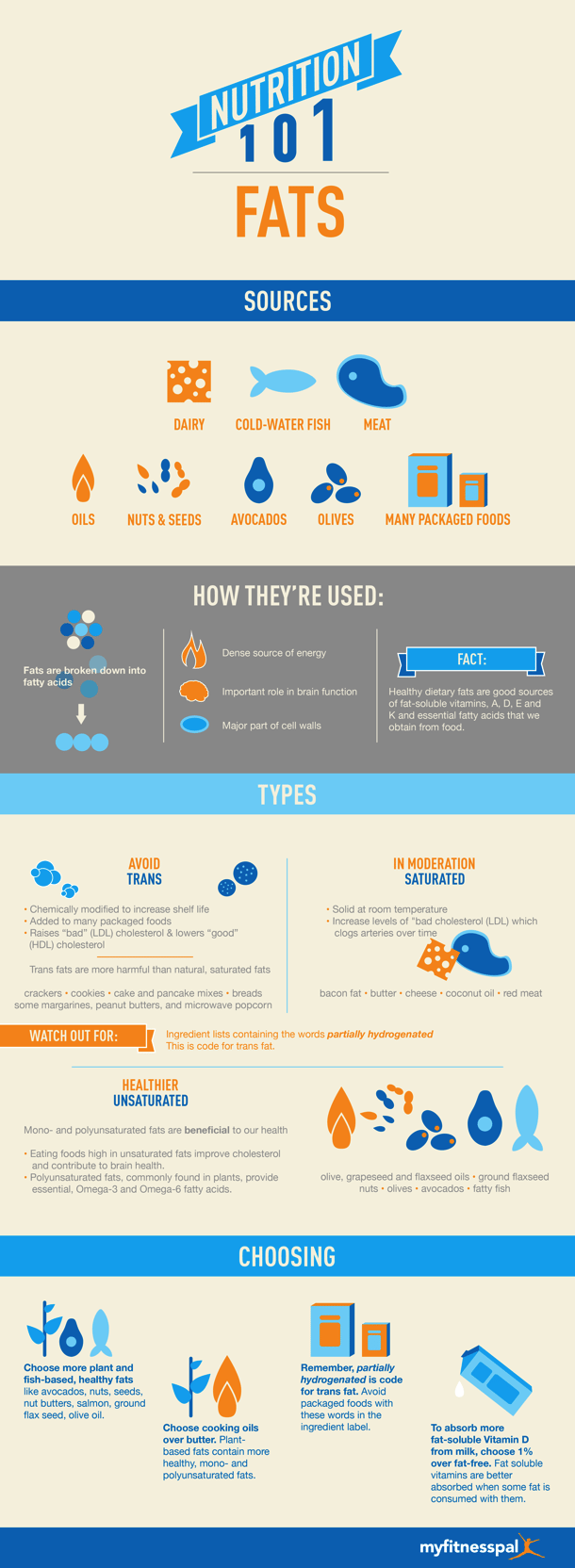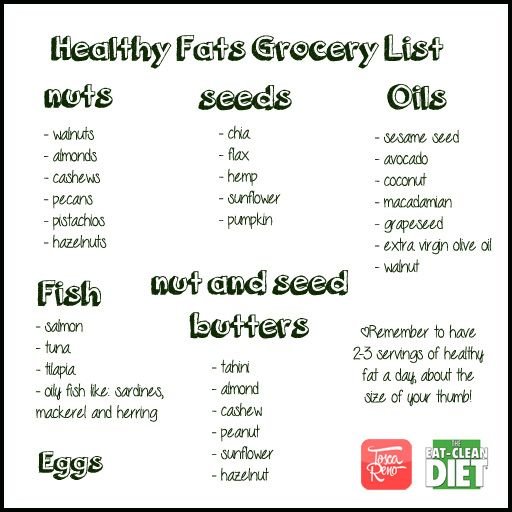7 Interesting Facts About Fat : Fat plays a villainous role when it comes to the topic of health and is often considered the key culprit in the growing obesity epidemic around the world, especially in the U.S. But what is fat really and what does it do in the body? Should you avoid eating fat altogether?
Look for answers to your ‘fat‘ questions in the 7 interesting facts below:
Your body needs fat. Fatty acids including triglycerides and cholesterol play an important role in insulating the body, storing energy, and protecting vital organs. Bottom-line, your body simply doesn’t produce enough on its own. Dietary fat you consume in foods and beverages gives your body the tools it needs to stimulate immune, reproductive, and growth functions, just to name a few. A balance of fat facilitates healthy storage of excess calories and a regulated metabolism.
You can measure your fat. Body mass index has been a long-practiced formula for measuring the amount of your essential and stored body fat in relation to your total mass. A healthy body fat percentage will fall anywhere between 20 and 32% for women under 40, and between 23 and 34% for women over 40. You can measure your body fat percentage with online BMI calculators, or with accurate body fat scales. Body fat scales send low electrical currents through your body when you stand on them and measure not just your weight and body fat percentage, but your bone mass and water content too.
Fat helps your body absorb some nutrients. Did you know that vitamins are either water-soluble or fat-soluble? Water-soluble ones, like B and C-vitamins, for example, are easily absorbed into the body, while fat-soluble vitamins like A, E, D, and K are absorbed in the small intestines and stored in fatty tissues and the liver. You want to avoid over-consuming fat-soluble vitamins in supplement form as your body holds onto them longer rather than excreting the excess like it does with water-soluble vitamins.
1 pound of fat = 3,500 calories. All that white fat your body is storing up gets tapped when you exercise and start to burn more calories than you consume. That’s why inactivity can lead to weight gain so quickly. Busy schedules, lack of motivation, and fitness injury often keep people from getting their recommended 30 minutes of exercise a day, and over time this leads to over-consumption of calories with little work put into burning them. Prioritizing physical fitness by scheduling daily exercise, as well as using injury aids like wraps, braces, and other supports for runners, for example, can help you achieve your exercise goals and keep excess fat off.
You can be fat on the inside. Even slim-looking people who exercise regularly can have layers of white fat built-up on the organs inside their body. Colloquially referred to as Tofis (thin on the outside, fat on the inside), some people with healthy body mass indexes can imperceptibly face health challenges based on excess fat which is wrapped around the heart, lined in underused muscles, and infiltrated in organs like the liver. Researchers have administered imaging tests on people with similar BMIs only to find that they had starkly different amounts of fat stored inside their bodies. Genes and diet play the most significant role in the Tofi phenomenon.
There are 2 different types of fat. Brown fat (fat is also called “adipose tissue” in the body) is sometimes referred to as “good” fat and helps the body convert food into body heat. White fat is much more prominent than brown fat and has the responsibility of storing energy for later use and for releasing hormones into the bloodstream which cue insulin response. Activated brown fat has actually been shown to burn white fat, and some research even reveals that cooler temperatures which cause you to shiver and rely on extra heat production of the body can stimulate brown fat and help you burn more calories.
You should limit your daily fat to 20 or 30% of your total calories. The Mayo Clinic shares a helpful formula that calculates the calories and grams of fat you want to limit yourself to a day. For a woman on a 2,000 calorie/day diet, you may want your fat consumption to only make up 20% of your daily calories, or 400 calories of fat. When you look at a nutrition label, however, it gives you fat information in grams. Knowing there are 9 calories in a gram of fat, you’ll want to divide 400 by 9 to get a recommended 44 grams of fat for the day. You don’t want all of those to be saturated or trans fats, however. Keep an eye on nutritional labels, skip foods with trans fats altogether, limit saturated fats to 10% of your daily caloric intake, and make up the rest with unsaturated fats.
Related Videos:
6 Shocking Facts about Fat
https://www.youtube.com/watch?v=Yy-gLEskjRc?autoplay=1&rel=0
Fascinating Facts About Fat
https://www.youtube.com/watch?v=Kra9V95k-wA?autoplay=1&rel=0
Fat Facts
https://www.youtube.com/watch?v=kvcK6A-yEoQ?autoplay=1&rel=0
Fat: the facts
https://www.youtube.com/watch?v=JYyYY-wW1mM?autoplay=1&rel=0
Facts about Body Fat
https://www.youtube.com/watch?v=o0a9PLJz98k?autoplay=1&rel=0
Separating Fat from Fiction: 10 Fat Facts You Need to Know
https://www.youtube.com/watch?v=uCRginYo4rk?autoplay=1&rel=0
Related Infographics:











7 Interesting Facts About Fat
fun facts about fats, information about fats in food, facts about body fat, facts about fats and oils, 35 facts about fats, unknown facts about fats, facts about vitamins, fat nutrition facts, what are fats in nutrition, what is fats function in the body, fats examples, fun facts about fats, what is body fat, fats definition, information about proteins, what are fats biology,




